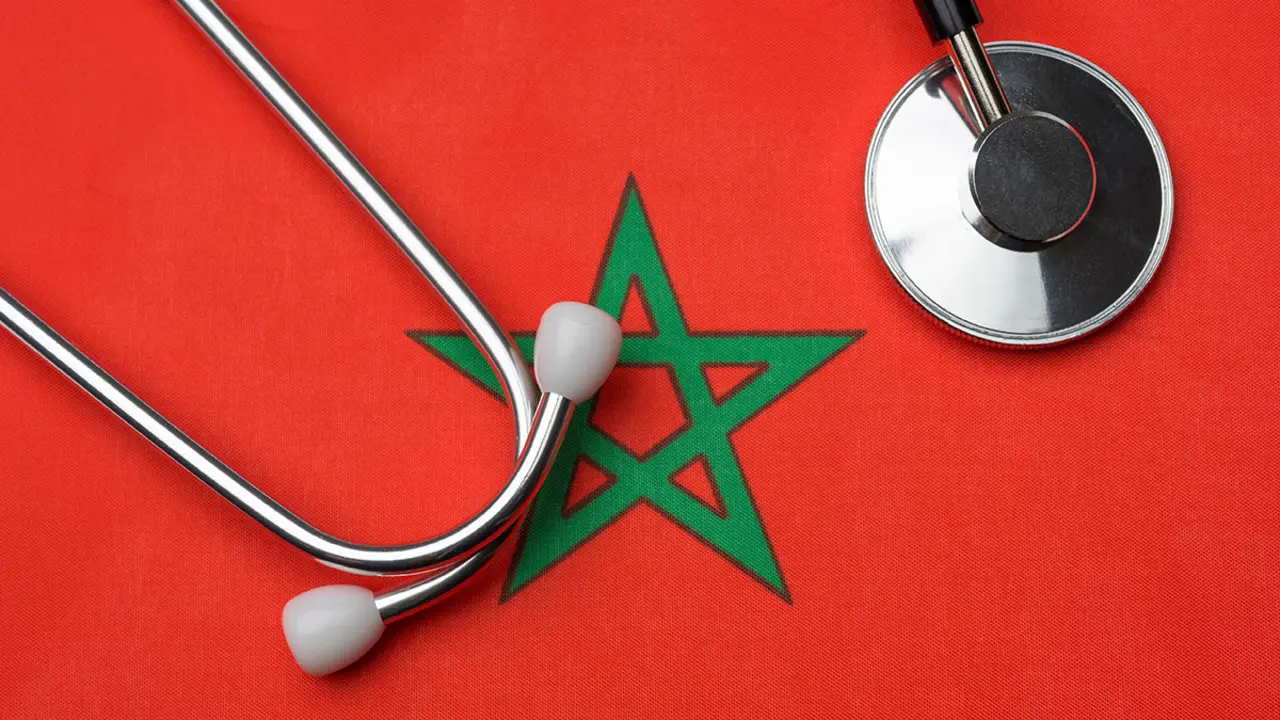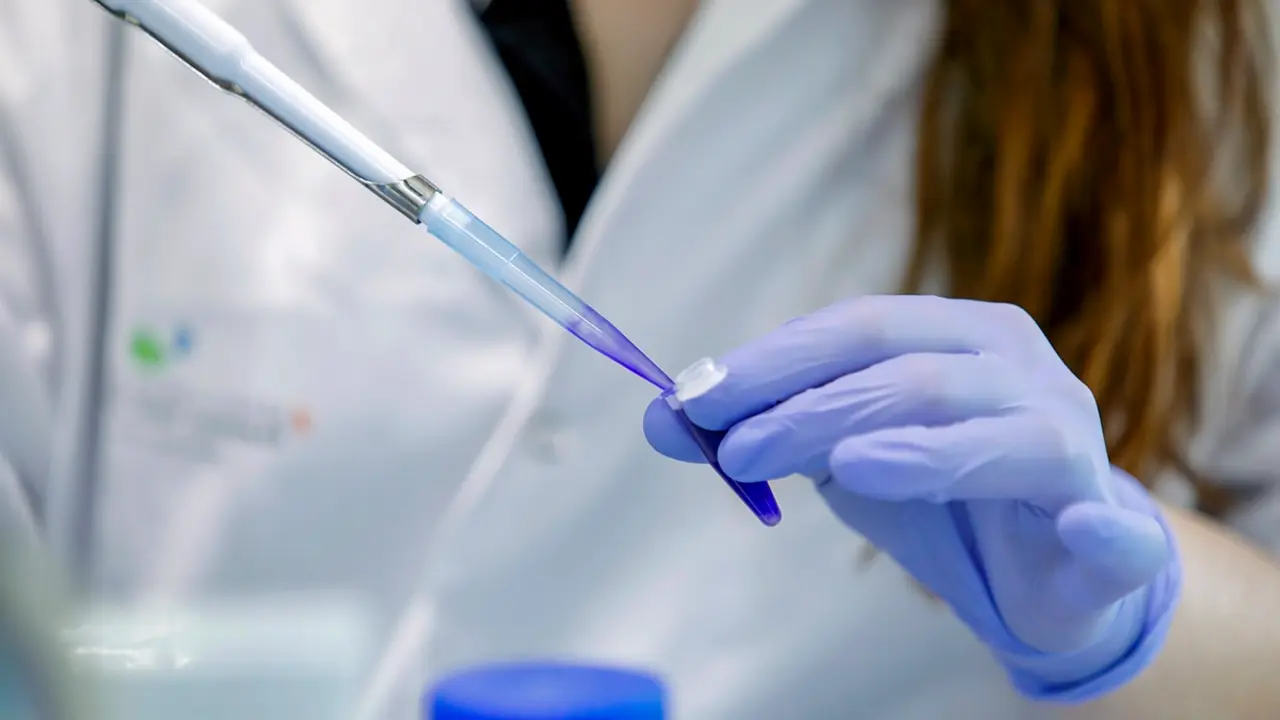Why the Emirates is one of the countries with the best leadership in the face of the COVID-19 crisis

The current coronavirus pandemic is still active around the globe, with the number of people officially affected now exceeding 3 million and the number of deaths now standing at over 200,000. In this widespread chaos, the United Arab Emirates (UAE) is standing out in a very positive way in terms of its management and global leadership of this new disease. In fact, a recent international report ranks it among the top 10 countries with the best response to this crisis.
COVID-19 has put most health systems on the ropes, even those of major powers such as the United States, the country with the most infections and deaths from the virus. In Europe, the incidence of the coronavirus has also overwhelmed hospitals and health centers, taking many lives, especially in the south, where countries like Italy, Spain or France have already exceeded the barrier of 20,000 deaths.
The situation is quite different in some parts of the Gulf, such as the Emirates, where only 89 deaths from the virus have been recorded and a total of 11,380 confirmed cases. So how has this country managed to contain the virus and obtain more positive figures? The answer may lie in sparing no expense, testing the population more (especially strict control of workers) and implementing a strict programme of prevention measures.

With a globalised and interconnected society, the virus has spread very easily in a short time, so controlling the entry and exit of passengers from a country is often of vital importance in the midst of a pandemic. The UAE authorities saw this clearly and in early March the country's authorities were already recommending against travel abroad, especially to Europe, because of the risk of coronavirus. In addition, once they returned to the country, the government imposed controls at the airports in order to detect possible cases in time and quickly place them in quarantine.
In fact, already at the beginning of February, shortly after the WAM Agency confirmed the first case of coronavirus in the country, the Emirati Government issued a series of recommendations to the population (such as social distancing or limiting people in meetings) as well as guidelines to health care providers to ensure that any suspected case of coronavirus did not leave the centre under any circumstances. Containing those who were infected was a maxim of the Government to prevent out-of-control and rapid spread.

Another measure that has probably been the most decisive and has helped to contain the virus is the suspension of all flights for 15 days. No commercial aircraft have been able to fly for two weeks since 25 March. In many European countries, and even in the United States, air traffic has not come to a complete halt and the mobility of people, although to a lesser extent, continues.
Like many other governments, the Emirate has also confined its population along with a nocturnal curfew. No one is allowed to leave their homes except to shop or go to hospital and always on an individual basis. In some cities such as Dubai, the order to stay at home for 24 hours was even issued and could only be abandoned with prior authorisation.
Similarly, surface disinfection has been at the centre of much of the Government's programme, as it is carried out every day in many metropolitan areas during the night, when curfew is in force and can be done optimally.

The attitude and willingness of the civilian population in the country has been exemplary, not only in complying with the rules laid down, but also in terms of volunteering, as a large number of people signed up to participate in the disinfection work in the various cities and thus contribute to helping the nation at a crucial time.
For many experts, the key to containing the virus lies in carrying out mass tests on the population so that confirmed cases can be kept under control and its spread prevented. Therefore, the UAE Government has conducted thousands of tests on both workers and the population.
The latest data (as of the end of March) placed the country as the second largest coronavirus tester with over 200,000 tests, equivalent to 22,900 tests per million population. These are not insignificant numbers for a country that, we remember, has less than 10 million inhabitants (compared to more than 40 in Spain, for example). In addition, to facilitate access to diagnostic tests for a greater number of people, the government created a mobile rapid test unit that allowed diagnostic tests to be carried out without users even having to get out of their vehicle. Even Muhammad bin Zayed al-Nahyan, the Crown Prince, came to this point to be tested to see if he was infected.

The Emirates, the country's main airline, is also carrying out a quick test on all its passengers before boarding the plane, the results of which are available in 10 minutes. In this way they intend to check the situation of all passengers from minute one to prevent the spread of the virus. This is a pioneering measure that is being studied by other companies and could be implemented as something more widespread in the sector.
The UAE is in the 'top 10' of countries with the best response to the coronavirus both nationally and internationally
The Global Response to Infectious Diseases (GRID) index, developed by the Institute of Certified Management Accountants of Australia, ranks the UAE among the top 10 in terms of response and leadership in the current global crisis.

One would have expected the major powers of today, such as the United States, Europe and China, to lead all the management rankings, but it has been practically the opposite, as not only are they the places where the virus has generated the most chaos, but their leadership is not among the most exemplary. This study, conducted by Dr. Chris D'Souza, places New Zealand at the top of the list followed by countries like Taiwan, UAE or Australia.
For Souza, one of the keys that true leaders must have in moments as complex as the current crisis is not only to think about the good of the nation, but the common good; "thinking beyond their own borders" and "fostering global unions".
It is precisely on these two points that the UAE has been working hard since the crisis began. Not only has it been concerned with the health of its population by implementing health and economic plans; it has also been one of the countries that has sent the most aid abroad as a commitment to the necessary global solidarity.

The World Health Organization (WHO) has praised the assistance provided by the UAE, which has accounted for 85% of the global medical response to the coronavirus. The Humanitarian City of Dubai has been crowned as one of the most important humanitarian aid management centres for this pandemic in terms of the number of operations and products sent to the areas where they are most needed.
From this centre, WHO has distributed more than one million gloves, masks, 100,000 surgical gowns and laboratory equipment to more than 64 countries. An operating centre that has been and is being instrumental in the fight against the coronavirus.

With this crisis still out of control, most governments are struggling to deal as quickly as possible with the havoc the coronavirus is wreaking on their countries, and international solidarity has been put on the back burner. Moreover, there have been several cases of countries requisitioning shipments of medical supplies that others had bought and were waiting to receive.
It is therefore in difficult times that one can see who is truly committed to the common good and solidarity between nations. The Emirati Government has taken the time and resources to do its bit and send tons of aid in the form of health material to different countries to make it a little easier for them to fight against COVID-19. Unlike other nations that have also contributed by donating equipment and even personnel, the UAE's contributions have not received as much press coverage, but it is worth noting that hundreds of tons have been donated to key locations of the pandemic.
Italy, Colombia, Iran and Pakistan, among others, are some of the places where the UAE has sent gloves, masks and other medical equipment to enable health professionals, the front line and most fundamental in this fight, to work more safely.
In short, the UAE's leadership in the coronavirus crisis has stood out on two fronts: on the one hand, in the rapid decision-making and execution of forceful measures; and on the other, in its involvement in the international medical response by providing the logistics and resources necessary for the dispatch of urgent healthcare material. A national and international roadmap that has earned it recognition as one of the 10 nations with the best leadership and response in the fight against the coronavirus.
The crisis is still very active, and although some countries are already beginning to de-escalate containment and other measures - including the UAE - the road ahead is not yet clear, and caution and vigilance are needed. Social distancing measures and the wearing of masks have reached every corner to stay for a long time.







